diferencia entre medicare y medicaid
 Las Diferencias entre Medicare y Medicaid | Planes de Medicare, de AARP
Las Diferencias entre Medicare y Medicaid | Planes de Medicare, de AARPMedicare or MedicaidThe Medicaid and Medicare terms are often confused or used indistinctly. They sound extremely similar, but these two programs are actually very different. Each is regulated by its own set of laws and policies, and programs are designed for different groups of people. To select the right program for your needs, it is important to understand the differences between Medicare and Medicaid. Medicare is a policy designed for U.S. citizens over 65 years of age who have difficulty covering medical care and treatment costs. This programme supports citizens by providing the elderly and their families in need of financial assistance for medical needs. Persons under 65 years of age living with certain disabilities may also be eligible for Medicare benefits. Each case is assessed on the basis of the eligibility requirements and the details of the program. People with terminal-stage disease can also apply for Medicare policy benefits. Medicaid is a program that combines the efforts of US state and federal governments to help low-income households with health care costs, such as hospitalizations and major treatments as well as routine medical care. It is designed to help people who can't pay quality health care and who don't have other forms of medical coverage due to financial complications. People who receive Medicare benefits pay part of the cost through deductible for things like hospitalizations. For out-of-hospital coverage, such as visiting a doctor or prevention care, Medicare requires small monthly premiums. There may also be some pocket expenses for things like prescription medications. People who receive Medicaid benefits often do not have to pay any of the expenses that are covered, but some cases require a small copayment. To sign up for each program, you must meet certain criteria. Medicare In most situations, Medicare eligibility is based on the candidate's age. A person must be a citizen or permanent resident of the United States and be 65 years old or older to qualify. The premiums and eligibility of the Medicare plan depend on how many years of Medicare taxes have been paid. The exception to this is persons under 65 years of age who have certain documents. Generally, people who receive Medicare benefits also receive some form of Social Security benefits. Medicare benefits can also be extended to:Medicaid Medicaid eligibility is mainly based on income. Whether someone qualifies or does not depend on the level of income and size of the family. The Low-priced Health Care Act (ACA) has extended coverage to counter the health care gaps for people with lower incomes, establishing a minimum limit for constant income across the country. To determine if you qualify for help in your state, visit Healthcare.gov. For the majority of adults under 65 years of age, eligibility is a income less than 133% of the federal level of poverty. According to Healthcare.gov, this amount is approximately $14,500 for one person and $29,700 for a family of four members. Children receive higher income levels for Medicaid and the Child Health Insurance Program (CHIP) is based on the individual standards of their state of residence. There are also special programs within the Medicaid program that extend coverage to groups in need of immediate help, such as pregnant women and people with urgent medical needs. MedicareThere are several parts of the Medicare program that provide coverage for different aspects of health care. Medicare Part A, also called hospital insurance, is offered without premiums to all people who meet the eligibility requirements and have paid – or are the spouse of a person who has paid – Medicare taxes for a minimum of 40 calendar quarters throughout their lives. Those who are not eligible to receive Part A with free premium have the option to buy it. Part A is associated with specialized nursing care, hospital services, palliative services and home health care. Part of Medicare B is the part of health insurance. It provides hospital care coverage for outpatients, medical services and other services that traditionally cover health insurance plans. Part of Medicare C or Medicare Advantage is administered by approved private insurance companies and includes all benefits from Medicare Parts A and B. These aircraft also include other benefits at an additional cost, such as dental and eye, as well as prescription drug coverage (Medicare Part D). Part of Medicare D is administered by approved aircraft according to federal rules and helps pay prescription drugs. Medicare Parts A and B are sometimes also called Original Medicare, and many people are automatically enrolled through Social Security when they are 65 years old. In some cases, you can choose to withdraw your registration, that is, because you are still insured through an employer. In that case, you can register manually in the future. For Medicare Parts C and D, you can register when you become eligible or during certain registration periods each year. The State Health Insurance Assistance Program or SHIP (in English) works to inform eligible Medicare people and their families about their options and different types of coverage. Sometimes, this also means helping beneficiaries apply to programs like Medicaid. MedicaidThe benefits covered by Medicaid supposedly the date of issue, but there are some benefits included in each program. Among them: Because Medicaid is different in every state, you may contact a social worker in your state to evaluate your situation and get help to apply. Refunds are payments that doctors and hospitals receive to provide services to patients. Medicare refunds come from a federal trust. Most of the money for this fund comes from payroll taxes. Premiums, deductibles and co-payments also help pay Medicare services. Medicaid is similar, but many of the details tend according to the state, including reimbursement rates. In cases where reimbursement rates are much lower than the cost of care, doctors may prefer not to accept Medicaid. Occasionally, this also applies a Medicare. Original Medicare (Parts A and B) will not pay most routine dental care, such as cleaning, eye care, such as eye exams; but some Medicare Advantage (Part C) planes will pay for it. Medicaid programs supposedly according to the state, but federally must include dental benefits for children. Although some states provide comprehensive dental care for adults, there is no minimum standard to be met. Similarly, glasses fall on the list of optional benefits that states can choose to cover. Persons with disabilities and some of their family members may receive Social Security Disability benefits. This program includes Medicare, but in some cases there is a 24-month waiting period before it is said. To qualify, you should have also worked and paid Social Security taxes. The Supplementary Income Security Program (SSI) includes Medicaid and makes cash payments for assistance to persons who qualify with disabilities and limited income. Some people also qualify for concurrent disability benefits through both programmes. People who qualify for Medicare and Medicaid have dual eligibility. In this case, you can have Original Medicare (Parts A and B) or a Medicare Advantage (Part C) plan and Medicare will cover your prescription medications under Part D.Medicaid also covers other care and medications that Medicare does not cover, so having both of you probably covers most of your health care costs. Medicare and Medicaid are two U.S. government programs. designed to help different populations gain access to medical care. Medicare typically covers 65-year-olds and more and people with certain chronic conditions or disabilities, while Medicaid eligibility is mainly based on income level. Information on this website may help make personal decisions about insurance, but it does not have the purpose of providing advice on the purchase or use of insurance or insurance products. Healthline Media does not perform any commercial insurance transactions of any kind and does not have a license as an insurance company in any jurisdiction of the United States. Healthline Media does not recommend or endorse any third party who can perform insurance transactions. Last medical review on December 10, 2019 OUR BRANDOS
Medicare frente a Medicaid: ¿cuál es la diferencia entre Medicare y Medicaid? | Aetna Medicare
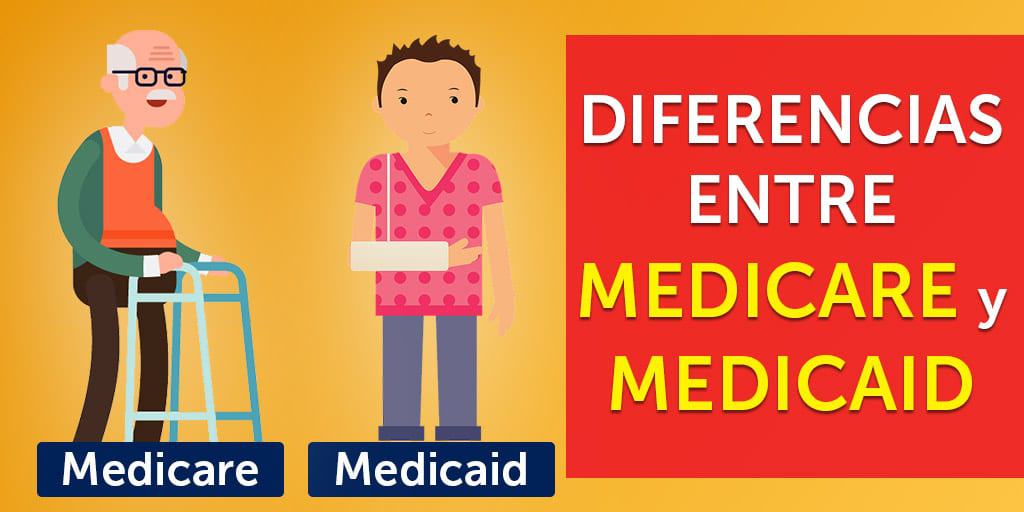
Medicaid y Medicare: ¿Cuál es la diferencia y quién es elegible? « Manual USA
Medicare frente a Medicaid: ¿cuál es la diferencia entre Medicare y Medicaid? | Aetna Medicare
![🥇 Diferencia entre Medicare y Medicaid [2021] 🥇 Diferencia entre Medicare y Medicaid [2021]](https://www.creditosenusa.com/wp-content/uploads/%C2%BFCua%CC%81l-es-la-diferencia-entre-Medicaid-y-Medicare-scaled.jpg)
🥇 Diferencia entre Medicare y Medicaid [2021]
Medicare—Comencemos Las lecciones de este módulo, "Medicare—Comencemos", brindan una descripción general de los aspectos básicos del programa de Medicare, - ppt descargar
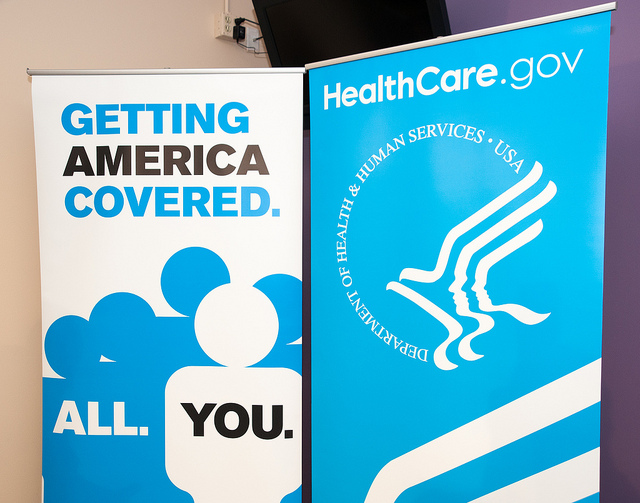
Cual es la Diferencia entre Medicare y Medicaid? (Estados Unidos) | Blog Finanzas

Cuál es la diferencia entre Medicare, Medicaid y Obamacare? | | Enterate.com

Medicare vs. Medicaid: Eligibility, Cost, and More

Cuál es la diferencia entre Medicare y Medicaid? - Solo Dinero
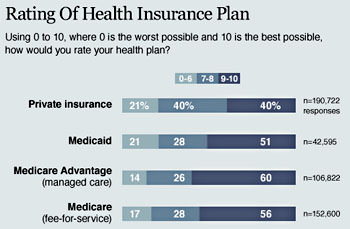
Cuál es la diferencia entre Medicaid y Medicare? - DIFIERE

Las palabras #Medicare y #Medicaid son... - 212 Universal Group | Facebook
Medicaid vs. Medicare-¿Cuál es la Diferencia? | AyudaCon.com

Diferencia Entre Medicare y Medicaid | MedicareAdvantage.com

Benefits.gov explica la diferencia entre Medicare y Medicaid - Mesa Redonda de la Salud Latina
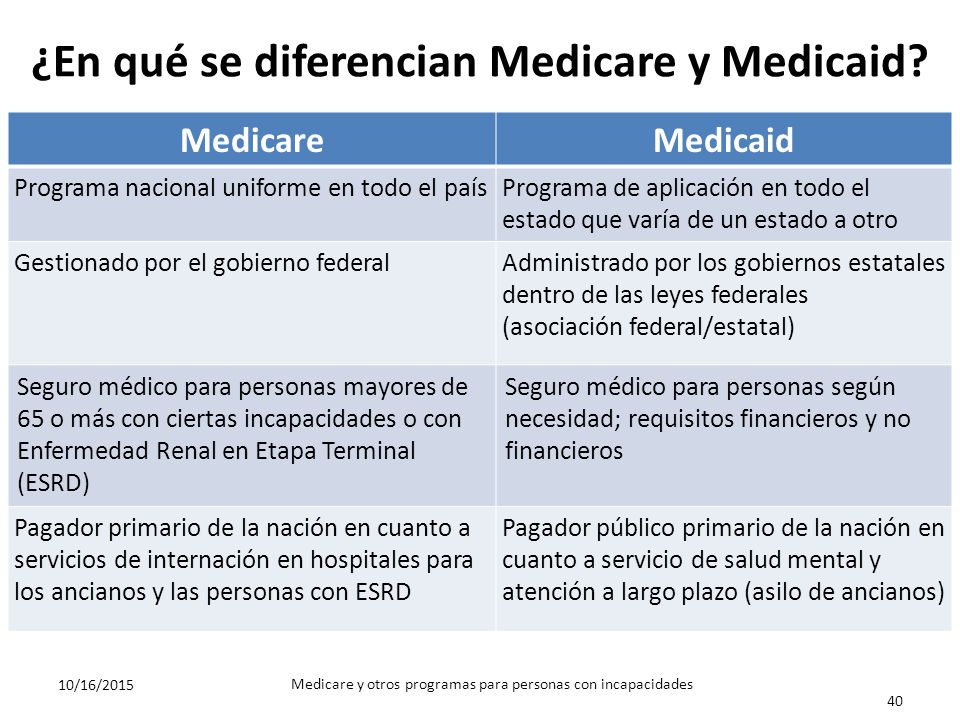
Programa Nacional de Capacitación 2015 Módulo 13 Medicare y otros programas para personas con incapacidades. - ppt descargar

Medicaid cubre todo eso? Cómo es el programa de salud más grande del país | Kaiser Health News

Medicaid y el cuidado de personas mayores
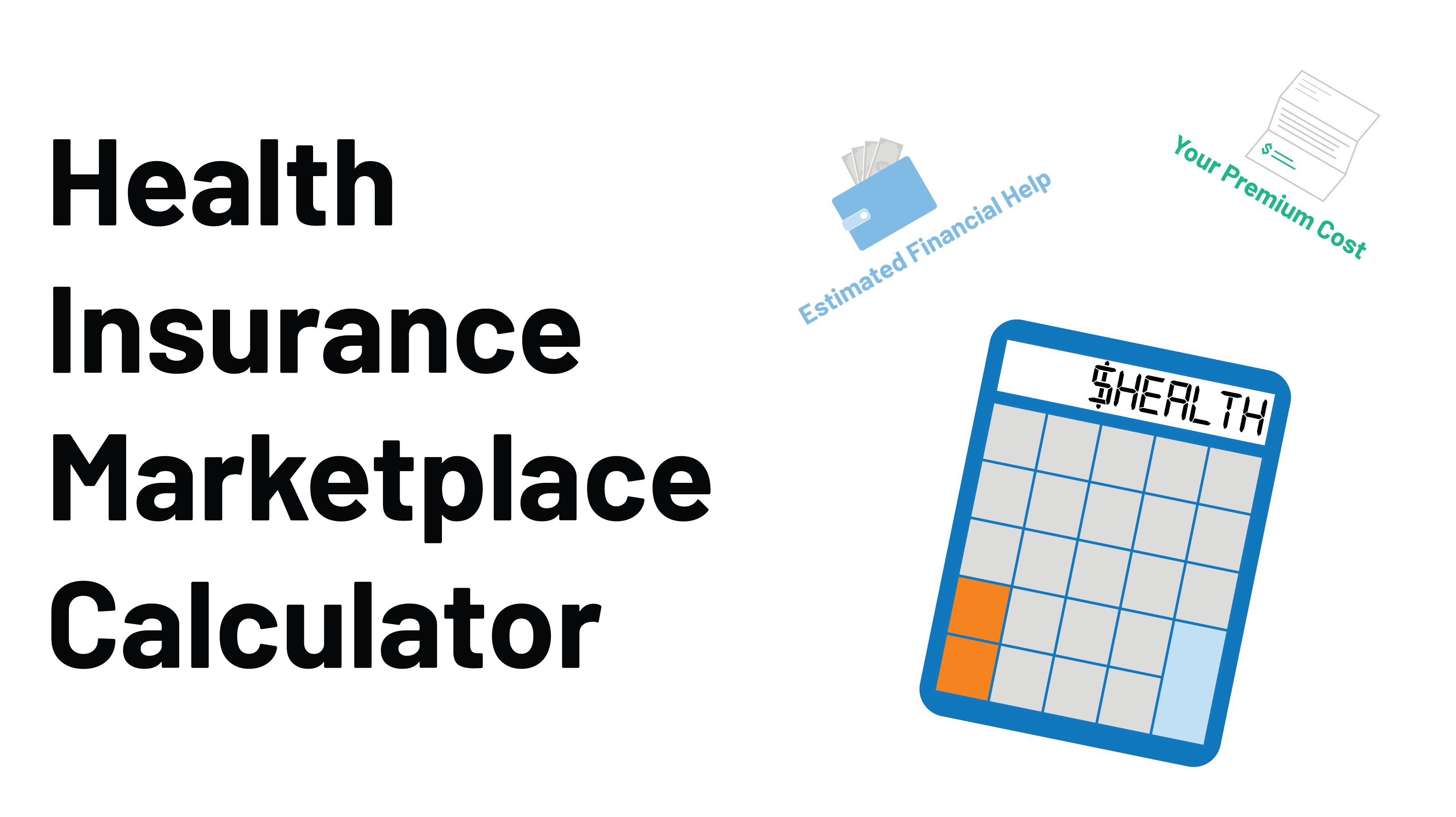
Calculadora del Mercado de Seguros Médicos | KFF

Cuál es la diferencia entre Medicare y Medicaid - pdf Docer.com.ar
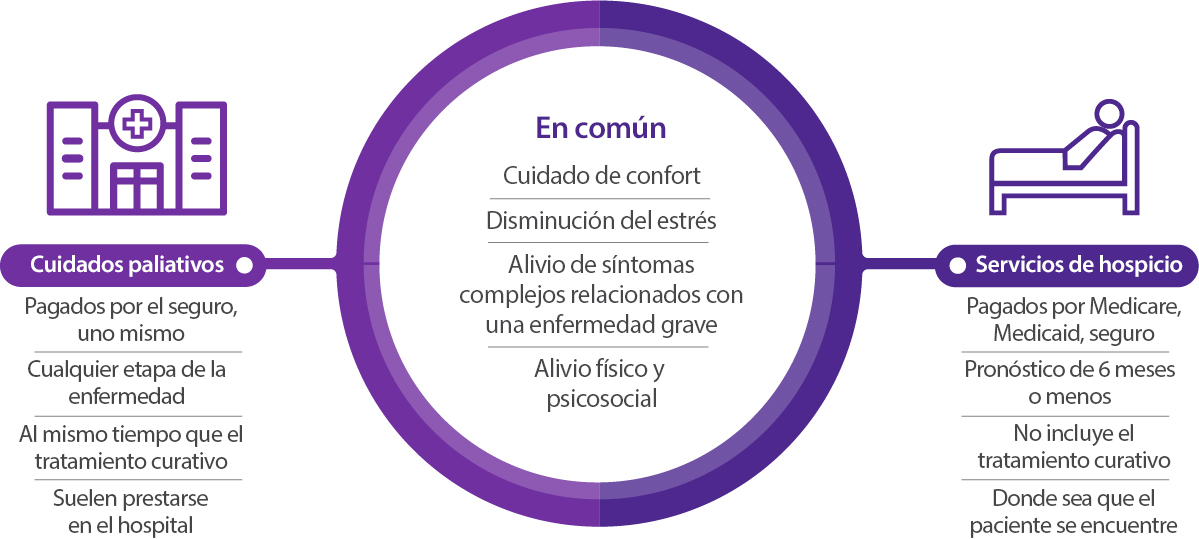
Cuidado de hospicio versus cuidado paliativo: ¿cuál es la diferencia? | VITAS | VITAS Healthcare

Coronavirus: Vacunas de J&J, Pfizer y Moderna

Conozca las diferencias entre Medicare y Medicaid | Integrando Culturas
Diferencias entre el Medicaid y el Medicare | Globofran

Cuál es la diferencia entre Medicaid y Medicare? - DIFIERE

Medicare – Cruz Insurance Group

Entendiendo el funcionamiento de los programas Medicare y Medicaid

Cuál es la diferencia entre Medicare y Medicaid - pdf Docer.com.ar
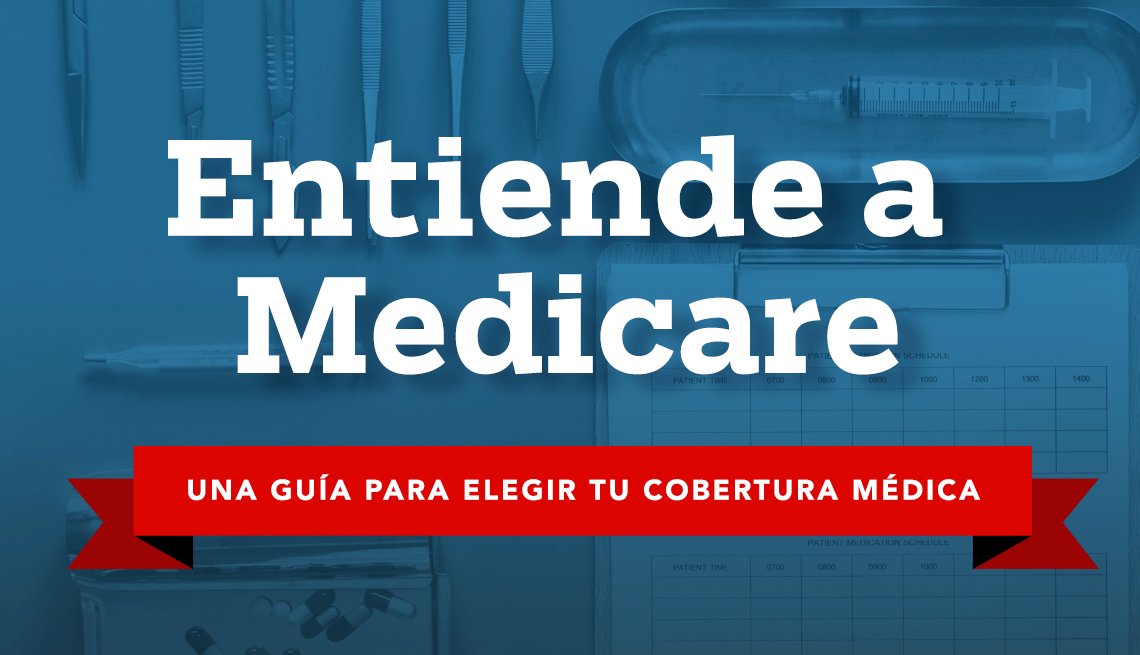
Conoce las diferencias entre Medicare Original y Advantage

Diferencia Entre Medicare y Medicaid | MedicareAdvantage.com

Cual es la Diferencia entre Medicare y Medicaid? (Estados Unidos) | Blog Finanzas
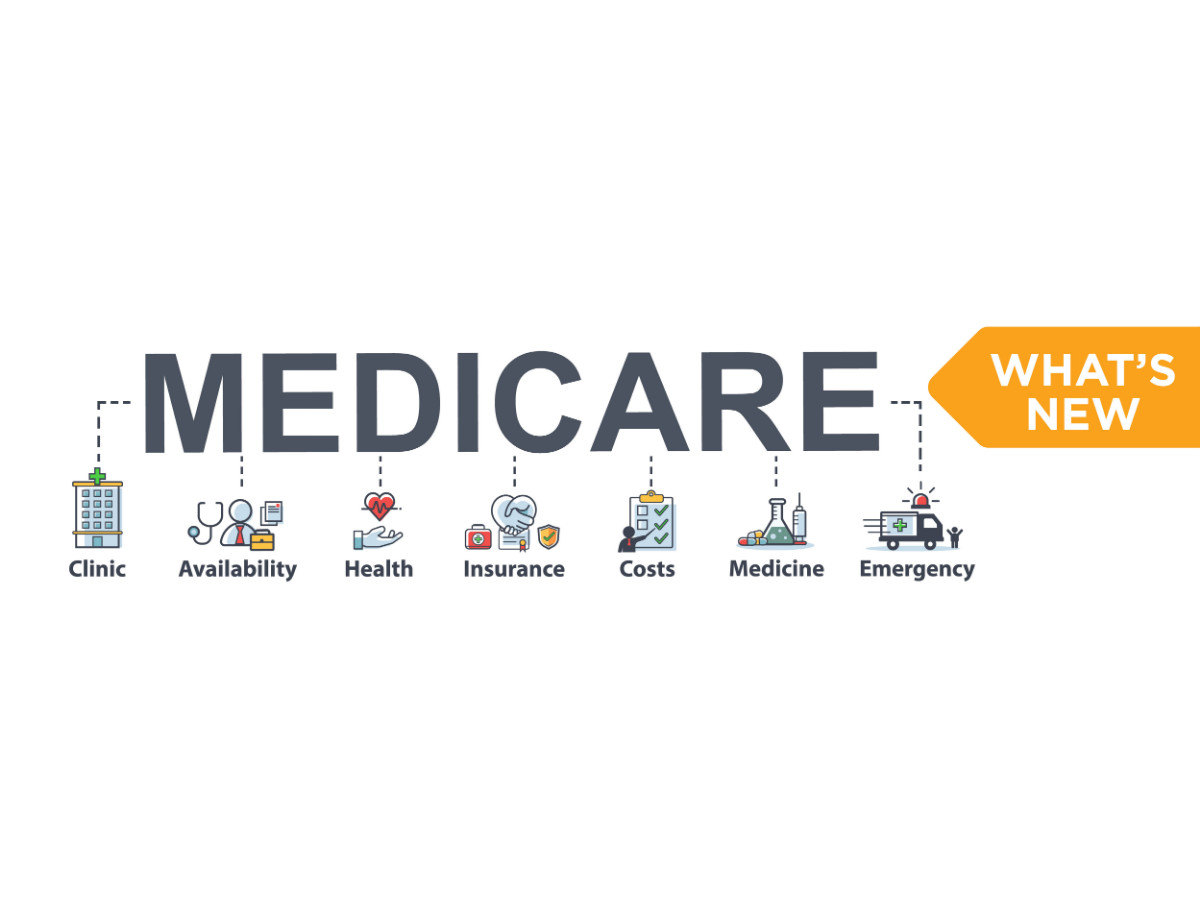
What's new for Medicare for 2021? | What these updates mean for you

COMO ESCOGER ENTRE MEDICAID, MEDICARE Y... - National Eagle Insurance | Facebook
Medicaid en el "ojo de la tormenta" por nuevos desempleados que buscan cobertura | Kaiser Health News

Coronavirus en USA: diferencias entre Medicaid, Obamacare y Medicare - AS USA
Quienes Somos

GESTIONPRESS: Conozca la diferencia entre Medicare y Medicaid

EE.UU INFORME SOBRE LA LEY DE REFORMA SANITARIA 3 - PDF Descargar libre

16 Preguntas frecuentes sobre Medicare - Jubilación 2021
Difference Between Obamacare and Medicaid | Difference Between

Yubi Escalona - Insurance Consultant - Diferencias en entre Medicaid, Medicare y Obama Care | Facebook
Posting Komentar untuk "diferencia entre medicare y medicaid"